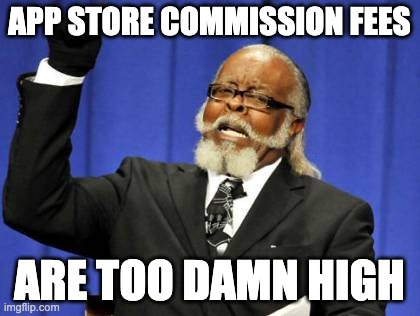Official Blog of the European Competition and Regulatory Law Review (CoRe)
Der CoRe Blog bietet ein Austauschformat für aktuelle Analysen der Entwicklungen im EU-Wettbewerbsrecht. Er ist der Blog-Begleiter der vierteljährlich erscheinenden, mit einem doppelten Peer-Review-Verfahren versehenen European Competition and Regulatory Law Review (CoRe). Der CoRe-Blog füllt die Lücken, die eine viermal jährlich erscheinende Zeitschrift nicht schließen kann: unmittelbare Aktualisierungen und Analysen der neuesten Entwicklungen im EU-Wettbewerbs- und Regulierungsrecht und die Möglichkeit, diese Entwicklungen über unseren Kommentarbereich direkt mit anderen Experten zu diskutieren.
Wir möchten hören, was Sie über die aktuellen Themen im EU-Wettbewerbs- und Regulierungsrecht denken. Reichen Sie Ihren eigenen Beitrag (500-2000 Wörter) als externer Autor ein. Der Autor des beliebtesten Blogbeitrags im letzten Quartal wird in der CoRe-Zeitschrift veröffentlicht und erhält ein kostenloses Exemplar einer Ausgabe seiner Wahl.

- tying ×

Blog Editor
LL.M., PhD, currently legal trainee at the Higher Regional Court of Berlin.

Blog editor
Assistant Professor EU competition law, Europa Institute, Leiden University

Blog Editor
Assistant Professor of Competition Law and Digital Regulation, Tilburg University
Friso Bostoen is an assistant professor of competition law and digital regulation at Tilburg University. Previously, he was a Max Weber Fellow at the European University Institute. He holds degrees from KU Leuven (PhD, LLM) and Harvard University (LLM). Friso’s research focuses on antitrust enforcement in digital markets. His work has resulted in numerous international publications, presentations, and awards (including the AdC Competition Policy Award 2019 and the Concurrences PhD Award 2022). In addition, Friso edits the CoRe Blog and hosts the Monopoly Attack podcast.
Head of Editorial Department and Data Protection Officer
Responsible for EStAL (European State Aid Law Quarterly), EPPPL (European Public Private Partnership Law Review) and CoRe (European Competition and Regulatory Law Review). Overseeing Lexxion Publisher’s privacy and data protection compliance.

Former Blog Editor
Senior Associate, Motieka & Audzevicius PLP, Vilnius
- tying ×
- tying ×
Sie möchten einen Beitrag einreichen oder zur Weiterentwicklung des CoRe Blogs beitragen? Weitere Details finden Sie auf der englischsprachigen Seite.
Gastbeitrag einreichen









